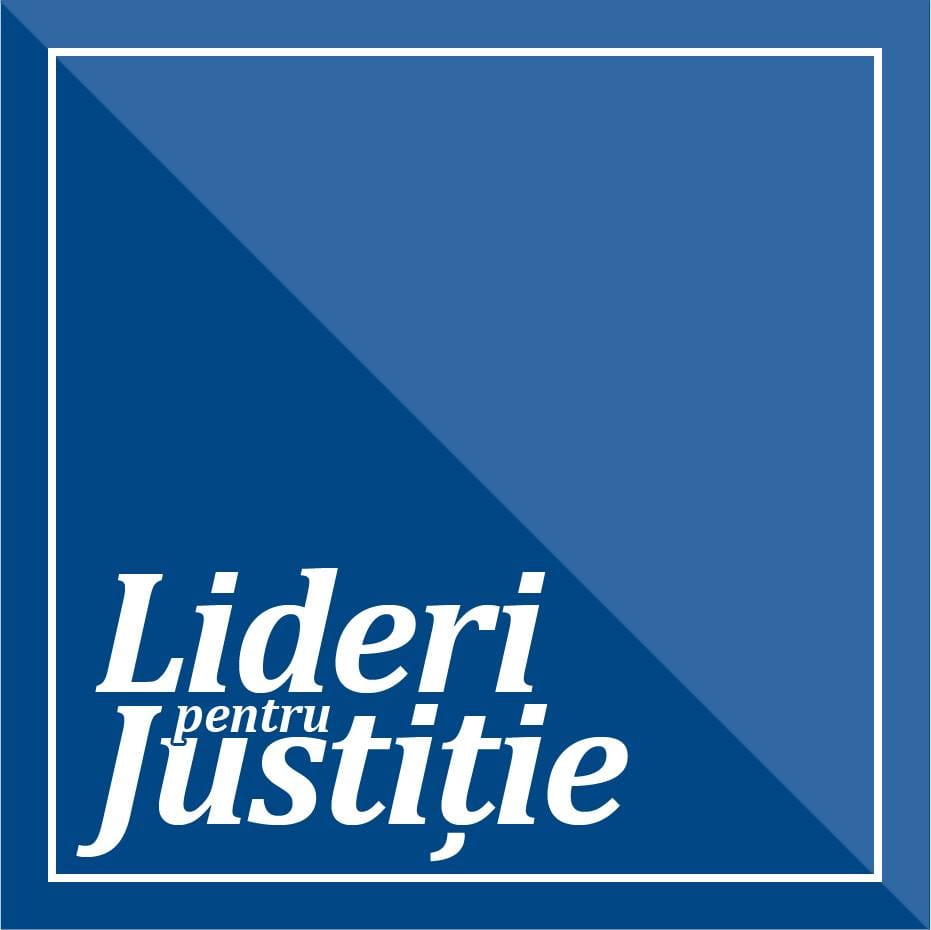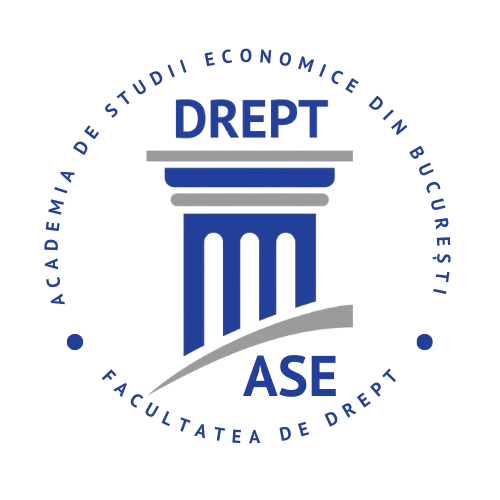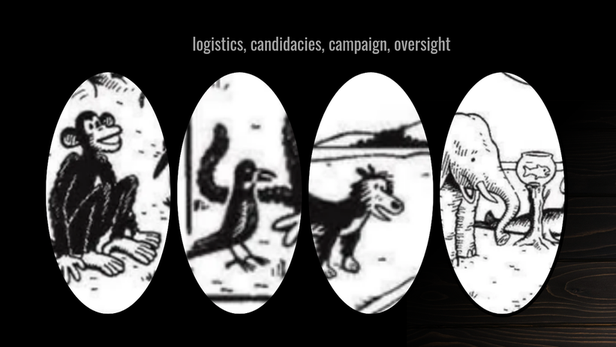I assume we’re all familiar by now with the Declaration of Independence from Kosov@ last Sunday. To the informed public, it came as no surprise, after six to ten months (or years) of “preparation.” Still, a piece of news like this does have a tendency to hit hard and make one think, ponder, reconsider… As Kosov@ aspires to the status of a sovereign nation-state, a few fundamental features seem to be required: population, territory, government and legal capacity to engage in contractual relations–whether they be domestic or international. The population and territory are clearly identified (though debatable), the legitimacy of the government is still to be expected, while the legal capacity very much depends on the international arena.
I have quite a number of Kosovar friends–both Serbs and Albanians–and I am very sensitive to the Kosov@ dilemma. One major question, in my mind, about Kosov@ relates not so much to statehood or nationhood, but rather to economic sustainability. I submit to you that, no matter the legal capacity or the legitimacy of the government, the prosperity of the population within that particular territory depends a lot on the economy. Of course, as a poor province of not-so-rich Serbia (as opposed to former Yugoslavia), with various discrimination and violence charges on top, Kosov@ had little prospects of economic growth. But can the Kosovar economy look up without proper infrastructure, without well-to-do neighbors for cross-border exchanges, without sustainable peace to safeguard investments? I doubt it 🙁 I don’t want to look for similar examples elsewhere, because too many seem to agree that Kosov@ is a singular case.
One other problem pertains to the upcoming constitutional arrangement within Kosov@. Too many (unresolved and/or protracted) conflicts are stashed over one another in this little “province,” such that Kosov@ appears little equipped to assume self-governance. For instance, the Romanian Constitution is a text that seems to only work when political forces are in consensus: Since the 2004 elections and 2005-06 quarrels, when liberals, democrats and socialists split among themselves the Executive, the Presidency and the Legislature, respectively, the Kosov@ “incident” offered the first instance of consensual policy-/decision-making in years. Thus, my second dilemma is whether conflicting politicians in Kosov@ could easily forget about reaching consensus (as the Romanian case shows to be counter-productive) and, instead, design and adopt a rather conflict-embracing Constitution? Or, at least, make sure that Constitutional Court justices can work around a conflict-adverse text!
My third dilemma was prompted by the recent events in Kosov@ and the alleged similarities with the Harghita-Covasna counties in Romania. Back in 2004, I was invited to speak at the 15th political summer school of the Hungarian minority at Bálványos. One of the questions from the audience related to whether corruption would be higher or anti-corruption more effective in the case of a smaller state… My “guesstimate” then was just as good as now: I strongly believe that corruption creeps up the political system simply because politics is about the (re)allocation of scarce resources. No matter the state–large or small–inasmuch as resources are scarce, discretionary power is abundant. Next thing you know, someone’s willing to sell that discretionary power for a bribe, and someone else is willing to pay for/buy it. Alas, Kosov@ appears in a situation of poor economic prospects and volatile legality (as pondered above) and that spells rampant, systemic corruption–at least in my book 🙁
Do I expect Kosovars to reconsider their Declaration of Independence? No. I believe in self-determination just as much as I believe in tolerance. But I also believe in sound decision-making, in pondering over all possible outcomes… From an anti-corruption perspective, anchored in the UNCAC provisions, the threat is that Kosov@ could become a terrible host for corruption networks, right on the doorsteps of the European Union; and the opportunity is that Kosov@ may use international aid and technical assistance to create a safe-haven for effective anti-corruption policies. And for that opportunity, for that hope, I’ll open up the bottle and drink along my Albanian, Serbian and Hungarian friends: Gezuar!, Zhiveli!, Egészségedre!, Noroc!, Cheers!
PS I am not sure as to the right spelling–hence, in order not to offend readers with either Kosovo or Kosova, I learned from a Kosovar friend that I may use the ambivalent spelling Kosov@… I can only hope this doesn’t offend anyone 🙂






